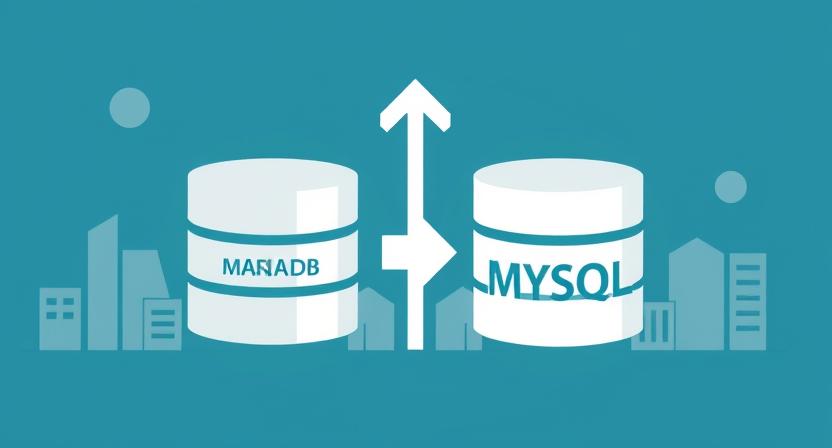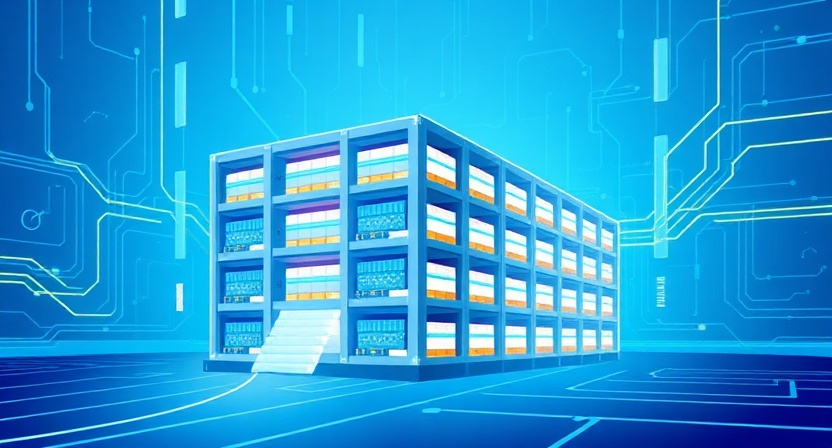In today’s fast-paced digital world, unplanned downtime can cost enterprises millions in lost revenue, reduced productivity, and reputational damage. Continuous, round-the-clock IT support is no longer optional — it is essential for ensuring business continuity, operational efficiency, and resilience against cyber threats.
Continuous Monitoring for Proactive Issue Detection
24/7 IT monitoring involves tracking servers, networks, applications, and endpoints in real time. Advanced monitoring tools detect anomalies, performance degradation, or suspicious activities before they escalate into critical failures. By identifying problems early, organizations can prevent downtime, maintain service levels, and safeguard revenue streams.
Rapid Incident Response and Resolution
Dedicated IT support teams are trained to respond immediately to incidents, whether it’s a server outage, network latency, or cybersecurity threat. Rapid incident response minimizes disruption, protects sensitive data, and restores operations efficiently. Incident management protocols, combined with automated alerts, allow enterprises to reduce mean time to resolution (MTTR) and maintain a competitive edge.
Proactive Maintenance and Optimization
Beyond reactive support, 24/7 IT services include proactive maintenance. Regular patching, updates, system health checks, and optimization routines prevent vulnerabilities, enhance performance, and extend hardware and software lifespan. Proactive maintenance reduces the likelihood of unexpected failures and supports smooth IT operations across all business units.
Cybersecurity and Threat Mitigation
Enterprises face evolving cyber threats such as ransomware, phishing, and insider attacks. 24/7 IT support integrates cybersecurity monitoring to detect and mitigate threats in real time. Continuous vulnerability scanning, firewall monitoring, and intrusion detection ensure that sensitive data and critical systems remain secure, helping organizations maintain compliance with GDPR, HIPAA, and other regulations.
Disaster Recovery Preparedness
Effective IT support includes disaster recovery (DR) planning. Teams design, implement, and test DR strategies to ensure that business-critical applications remain available during natural disasters, hardware failures, or cyber incidents. Cloud-based failover solutions, backup automation, and replication strategies enhance resilience and minimize downtime.
Ensuring Compliance and Regulatory Readiness
Many industries require strict adherence to regulatory frameworks. 24/7 IT support ensures continuous compliance by monitoring logs, tracking access controls, and generating audit reports. Organizations can demonstrate adherence to security policies and maintain confidence among stakeholders and customers.
Enhancing Business Agility and Operational Efficiency
With IT teams available around the clock, enterprises can implement changes, updates, and new deployments without disrupting business operations. Continuous support enables faster response to market changes, technology upgrades, and operational scaling, ensuring that businesses remain agile and competitive.
Cost Management and Strategic IT Planning
Proactive 24/7 IT support helps prevent costly downtime and reduces the risk of emergency repairs. By anticipating issues, optimizing resources, and aligning IT operations with business goals, enterprises can achieve cost efficiency and strategic planning for future growth.
In conclusion, investing in 24/7 IT support is critical for modern enterprises seeking to maintain operational continuity, protect against cybersecurity risks, and optimize IT performance. By combining continuous monitoring, rapid incident response, proactive maintenance, cybersecurity measures, and disaster recovery planning, organizations ensure resilience, compliance, and long-term business success.



